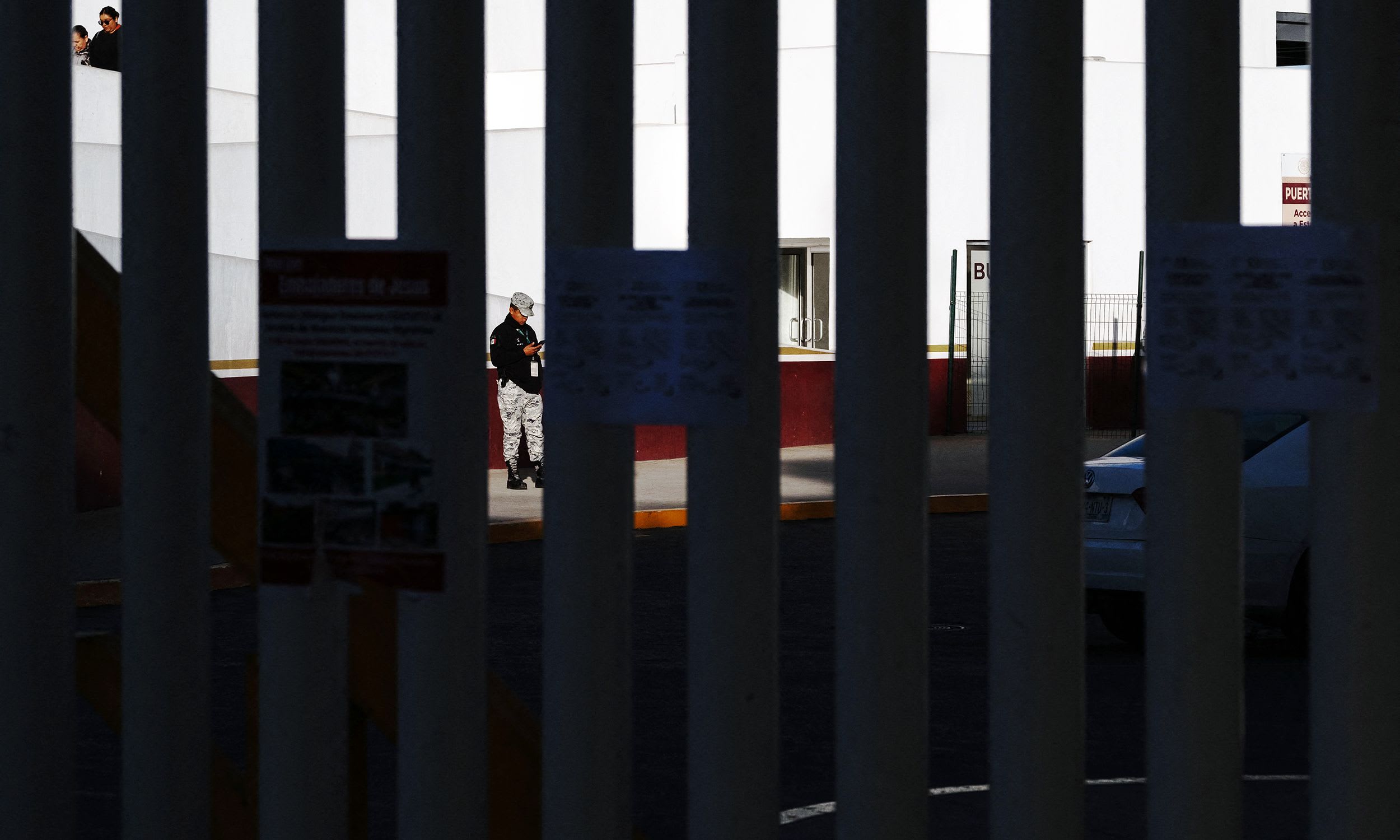The Digital Frontier: CBP's Pursuit of Advanced Phone Analysis Technology
3 min read

In an era where smartphones have become an extension of our very selves, the data contained within them is more valuable than ever. It's no surprise, then, that the United States Customs and Border Protection (CBP) is on the lookout for cutting-edge technology to delve deeper into the data troves of seized devices at the border. This move signals a new chapter in the ongoing saga of digital privacy and border security.
A New Era of Digital Forensics
The CBP's call for innovative tools to perform thorough analyses on seized phones marks a significant step in border security measures. While the agency has long conducted device searches, the focus is now shifting towards uncovering hidden or encrypted data that could potentially be of interest to national security. This initiative underscores the increasing importance of digital forensics in law enforcement's arsenal.
Historical Context: Evolution of Border Searches
To fully appreciate the implications of this development, it's essential to consider the historical trajectory of border searches. Traditionally, border officers have had broad authority to search individuals and their belongings without a warrant. Over the years, as technology has evolved, so too have the methods employed by border agencies.
The introduction of smartphones and other digital devices presented new challenges and opportunities. In 2014, the landmark Supreme Court case, Riley v. California, set a precedent by ruling that law enforcement must obtain a warrant to search a cellphone during an arrest. However, this ruling did not explicitly extend to border searches, where the need for national security has often been deemed to outweigh privacy concerns.
Balancing Security and Privacy
The CBP's latest efforts to enhance its capabilities in digital forensics raise critical questions about the balance between security and privacy. On one hand, these tools could prove invaluable in identifying and preventing potential threats. On the other, they bring up significant privacy concerns, particularly regarding the extent of data access and the potential for misuse.
In recent years, there has been growing scrutiny over the ethical implications of digital searches. Privacy advocates argue that the data on our devices is deeply personal, often revealing more about us than a physical search ever could. As such, the potential for overreach by authorities remains a pressing concern.
The Role of Technology Companies
The call for new technology also places the spotlight on tech companies and their role in this evolving landscape. Companies that develop these tools must navigate a complex web of ethical considerations, ensuring that their products are not only effective but also respect privacy rights. This dynamic is reminiscent of past tensions between tech giants and government agencies, such as Apple's resistance in the 2016 San Bernardino case.
Conclusion: A Tenuous Path Forward
As the CBP steps up its digital forensics game, the broader conversation about privacy, security, and the role of technology companies will undoubtedly continue to evolve. While the need for enhanced border security is undeniable, so too is the need to protect individual privacy rights in the digital age.
Finding a path that balances these competing interests will require cooperation and dialogue among policymakers, technology companies, and civil liberties organizations. As we navigate this complex terrain, the hope is that we can forge solutions that ensure both security and privacy in our increasingly interconnected world.
Source: CBP Wants New Tech to Search for Hidden Data on Seized Phones
